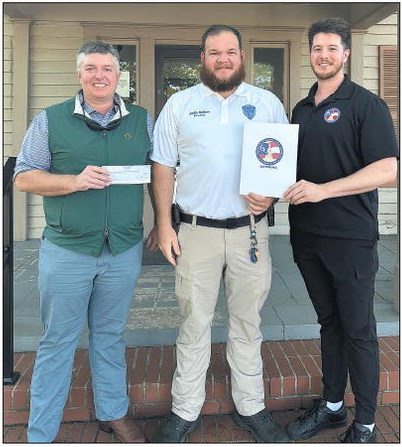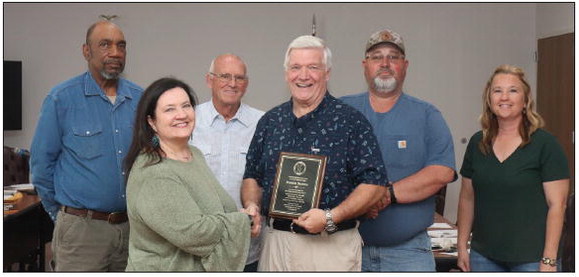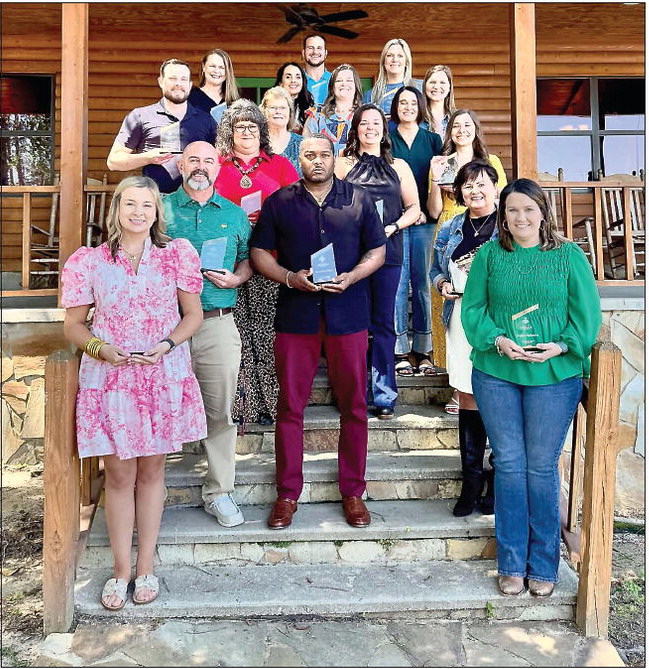STANDING UP FOR PEOPLE
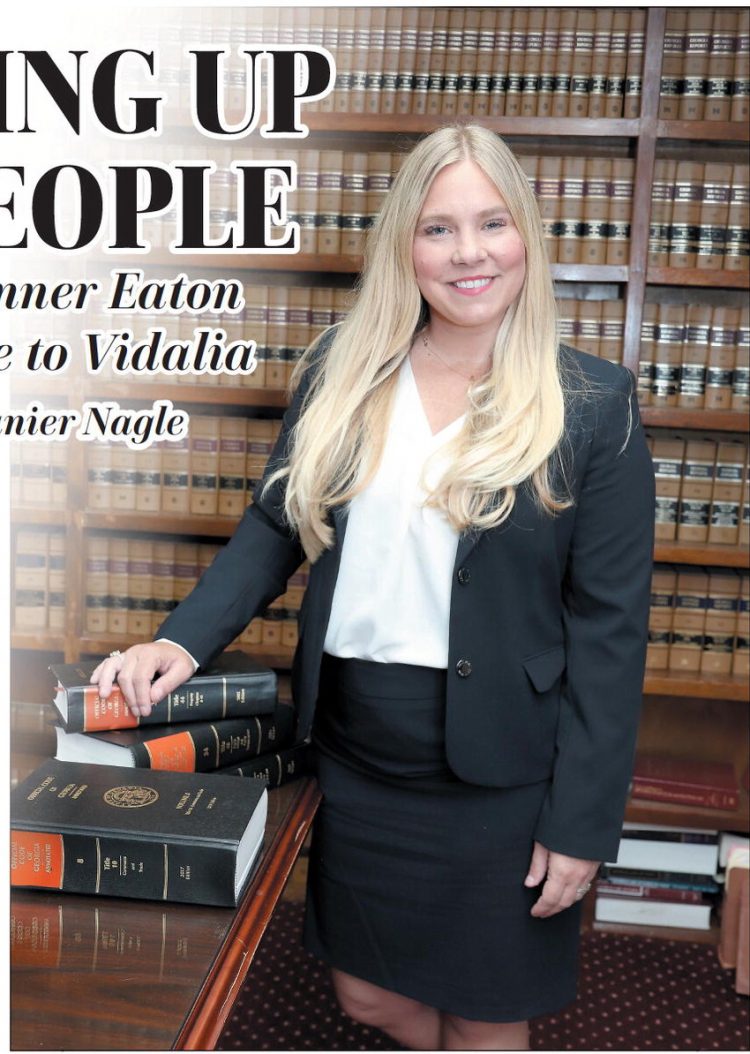

The foul ball came off David “Big Papi” Ortiz’s bat with a devastating force.
Thwack! In the luxury boxes behind home plate at Fenway Park, where a protective glass barrier had recently been removed, the baseball hurled toward a female spectator, smashing into her face like a missile.
Years later, she would tell a jury that she saw the bat strike the ball, but there was no time to get out of the way of the projectile.
She remembered feeling and hearing the bones in her face crack before agonizing pain set in. The ball’s impact shattered the spectator’s facial bones and caused permanent neurological damage, leading to multiple surgeries to try and repair the damage.
That in-the-blink-of-an-eye moment-that freak inju – ry-le the young woman unable to perform even the simplest of actions, like drinking from a straw.
Sure. There were signs around the ballpark warning spectators about the risk of being hit by a foul ball or broken bat, but were those signs enough?
Should there have been protective netting or a barrier of some sort to protect adults and children seated in the stands, relaxing and watching a game of baseball? The woman felt more should have been done, and wanting to ensure that no one else suffered like she had, she decided to sue the Red Sox for negligence in 2015.
Brittany Conner Eaton was a young attorney starting out in Boston when she was asked to help with the case. “I’ve always been a fighter,” she says. “And that case embodied everything I believe about justice and advocating for the powerless.”
Despite facing the Boston Red Sox’s formidable legal team, Brittany and her colleagues proved the organization knew the missing barrier created a dangerous condition for spectators seated in the stands behind home plate. The case went to trial and ended with a settlement that not only brought some financial compensation for the victim, but more importantly, one that led to greater protections at Fenway and other ballparks across the country.
“The court determined that they had a legal duty to protect fans,” Brittany recalls. “It was like a David and Goliath moment-a moment when a little guy went up against a powerful machine. For me, it was the epitome of lawyering, and something I will always think about and be proud of. In fact, my friends and family members are probably really tired of hearing about it, because I still talk about it every chance I get.”
This commitment to fighting for the underdog has defined the young woman’s legal career, which has now brought her full circle back to her hometown of Vidalia. Earlier this year, Brittany recently joined the law firm of Salter & Shook as a partner, where she handles personal injury cases and 1983 civil rights cases.
“I have always been drawn to helping people- specifically, helping vulnerable people,” she says. This drive to protect and advocate for others led her to enter the legal profession, but only after pursuing a much different career path.
Brittany ’s parents are Dr. Geoff and Jill Conner.
“I was born in Augusta while my dad attended the Medical College of Georgia,” she says. “We moved to Vidalia when I was three.” She spent most of her childhood in Vidalia, playing softball at the Ed Smith Complex, going on dates to the local bowling alley, and attending public schools until eighth grade, when she transferred to Pinewood Christian Academy. Her initial career aspirations led her to the University of Georgia, where she studied Human Development and Family Science, believing she wanted to pursue a career in childcare. The degree, which combined consumer economics with studies in sociology, psychology, and human relationships, laid the groundwork for understanding the complex needs of people and vulnerable populations.
She graduated from UGA and moved to Los Angeles, California in 2012, working at a family development center where she cared for children and helped families learn and understand proper childcare techniques. However, this experience revealed the frustrating limitations of working within bureaucratic systems.
“There is just so much red tape in that field that it makes it hard to move forward and make positive change,” she recalls. “I felt that I couldn’t do what I wanted to do, and that frustration led to my leaving that job and going to work at a law firm there in Los Angeles. The attorneys and paralegals I worked for took me under their wings, and taught me ‘how the sausage was made.’ They made me realize that I can create change and help people in another way.”
And so after some consideration, Brittany picked up and moved back to the east coast. She settled in the lovely Lowcountry- Bluffton, South Caroli- na-where she studied for the LSAT and worked as a paralegal and a Guardian ad Litem (GAL), a neutral person the court appoints to act in the best interest of a child. “I spoke on behalf of kids,” she says. “Again, I think at my core, I’ve always wanted to help vulnerable people, and I was definitely helping children who didn’t feel they had a voice, and who certainly needed an advocate. They needed someone on their side to speak on their behalf, and I was that person.” Soon thereafter, Brittany picked up again and moved to Boston to attend law school at Northeastern University’s School of Law. “In law school, they had us co-op every other quarter to get real experience. I ended up working for the U.S. Attorney’s office and was involved in trials that had to do with organized crime. That was fascinating work, and I was definitely hooked.”
She knew she had found her calling, and as a result, she excelled in law school–receiving the top grade in several of her courses. While at Northeastern, she was elected as community chair of the Student Bar Association, was captain of the softball team, and competed in the National Mock Trial Competition.
Brittany graduated from law school in 2017 and was hired as an associate at the personal injury firm she had interned for during school. During her first year as a lawyer, Brittany tried seven jury tri- continued from page
als-an accomplishment that rarely happens in the civil side of the legal field.
Next stop? Charlotte, North Carolina, where she went to work for a firm handling a variety of complex civil litigation cases. “I helped innocent victims receive compensation after catastrophic injuries with the goal of helping then rebuild their lives after something horrible happened. I also handled civil rights lawsuits filed under Section 1983 of the U.S. Code, which is when someone is injured or harmed while incarcerated or at school.”
Section 1983 allows people to sue state or local government officials, who otherwise have immunity, when they violate individual’s constitutional rights causing harm.
“For example, I helped people who had been treated inhumanely or with great cruelty while incarcerated, and I had varying degrees of success with those. They can be tedious and very difficult cases. But I felt then, and feel now, that someone has to give a voice to those people who have been wronged who feel hopeless and feel they do not have a voice. And when we had a good result, it was a very rewarding experience for me.”
Last November, after working in Charlotte for six years, Brittany, her husband Brenden Eaton, and their 18-month-old daughter packed up their belongings and moved back to Vidalia, where she continues her work in personal injury and civil rights cases at Salter & Shook. Her return home was motivated by more than just family ties; she sees in Vidalia a unique community spirit that she wants her child to see and experience first hand.
“After college, I felt compelled to go out and see the world, and I feel I did that,” she reflects. “I lived in California, Massachusetts, the Carolinas… I experienced other places and ways of living and seeing the world, but there’s just such a sense of community here. Every day, I am surrounded by good people and loved ones here. Knowing your neighbors is so important.”
Brittany has noticed positive changes in her hometown during her absence, including vast downtown development projects and new programs for young professionals. She points to the community’s caring response to Hurricane Helene and the preservation of local landmarks as examples of Vidalia’s strength and progress. “Vidalia has such a respect for the past, while still working towards positive, progressive change,” she observes. “The people here recognize the unique things we have here and the importance of a tight knit, supporting community. I love that.”
Despite the demands of her legal profession and caring for a young child, Brittany looks forward to soon becoming more involved in community activities. “I have a giving heart. I was raised that way, and I will eventually get involved and make an impact when things settle down a bit,” she says.
Her enthusiasm for both her profession and her hometown is evident. “I’m excited to be in Vidalia, and I’m excited about working at Salter & Shook. I feel very lucky because I really love what I do,” she says. This enthusiasm stems from her motivation to continue fighting for those who need a capable advocate-now in the community that shaped her own character and values.
Throughout her career, from Los Angeles to Bluffton to Boston to Charlotte and now back to Vidalia, Brittany Conner Eaton has remained true to her mission of helping those who feel powerless and voiceless. Her return home represents not just a geographical move but a continuation of her lifelong commitment to justice, now serving the community where her passion for helping others first took root.
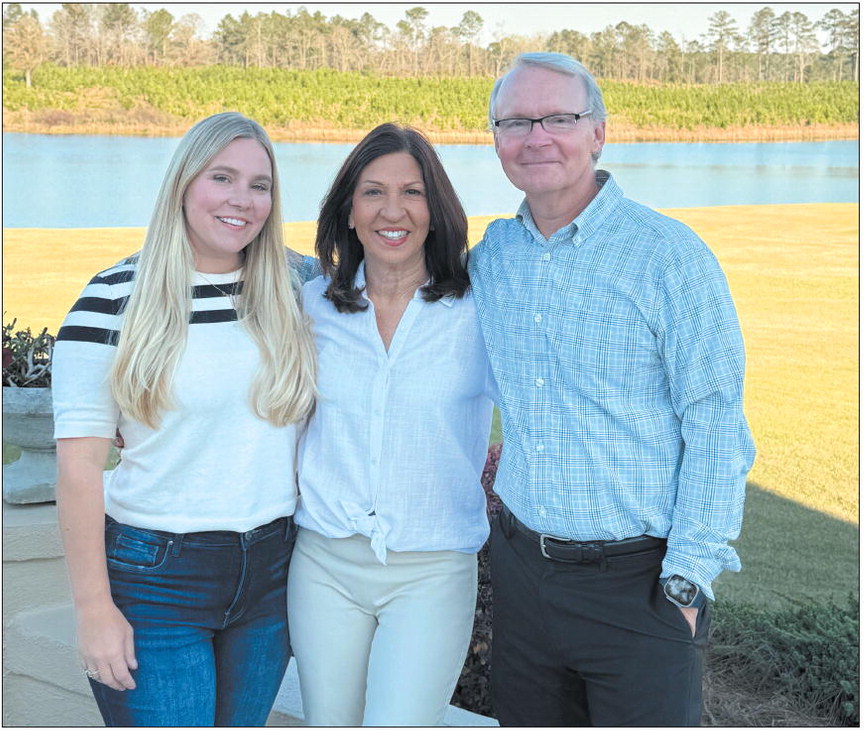
Brittany, Jill and Dr. Jeff Conner
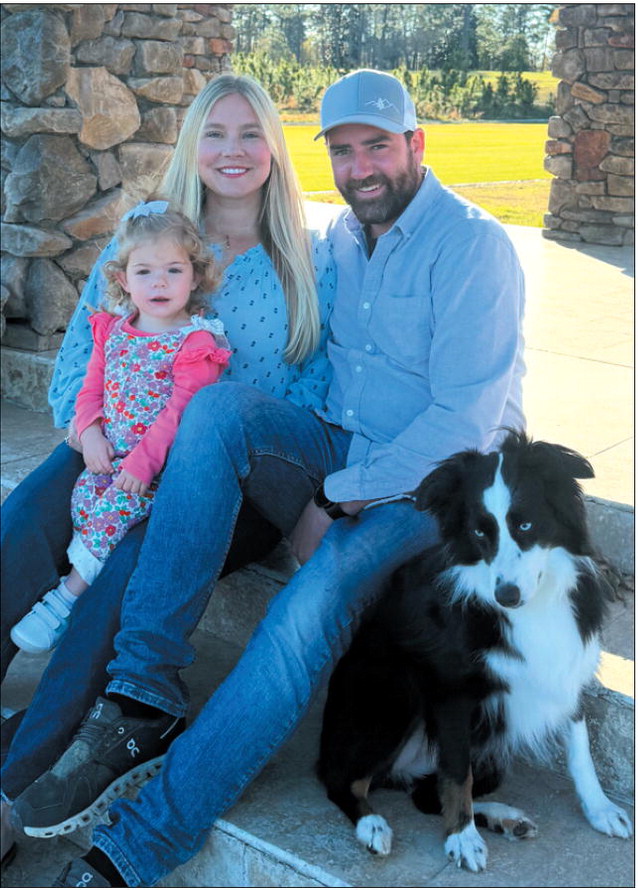
Brittany, 18-month old Adeline, Brenden and Jolene





